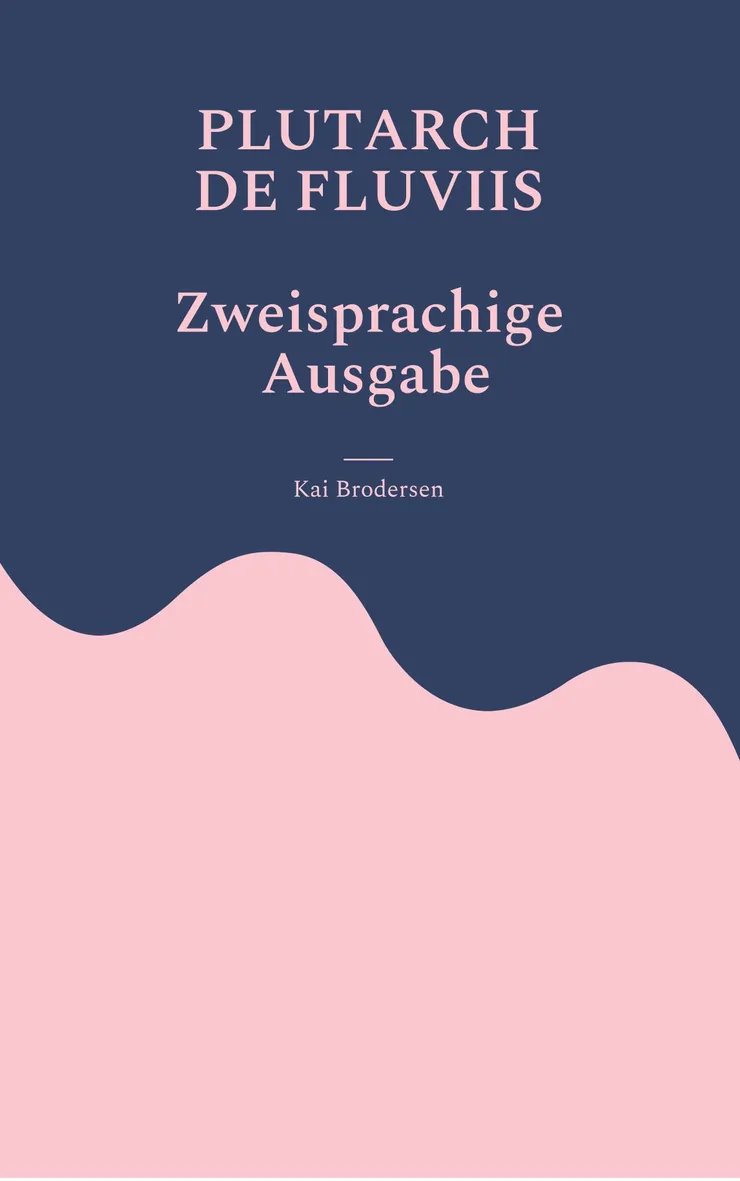These and many other fairy-tale myths and strange natural wonders, many of which are otherwise unattested, are collected in the ancient Greek work that has come down to us under the name of the learned Plutarchus of Chaironeia and is now made available for the first time in a German translation. But are his accounts historically credible? No, the work proves to be a parody of ancient knowledge literature on geography, natural history and, last but not least, mythology, both in content and style. Kai Brodersen, Professor of Ancient Culture at the University of Erfurt, has now translated the work into German for the first time and presents it in a bilingual edition.
|
Faculty of Philosophy,
Research
An Ancient Parody of Knowledge Literature
Kai Brodersen
Plutarch, De fluviis / Über die Benennung von Flüssen und Bergen.
bilingual edition
Speyer: KDV 2022
ISBN 78-3-939526-50-6
96 pages
5 EUR

